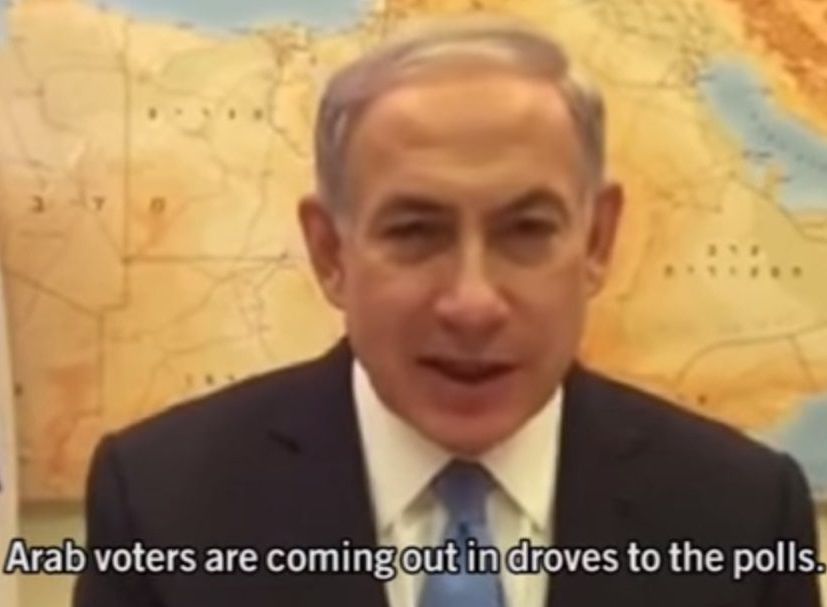Proposed law for suspending MKs must be shelved, violates right to vote and to be elected
On 23 February 2016, Adalah sent a letter to Chairman of the Knesset Constitution, Law and Justice Committee, MK Nissan Slomiansky, the Attorney General, Avichai Mandelblit, and the State Prosecutor Shai Nitzan, urging them to vehemently oppose the newly-proposed “Suspension Law.”
According to the proposed bill, a majority of 90 Knesset members may oust a serving Knesset member on the following three grounds, as enumerated in Section 7A of the Basic Law: The Knesset: (1) denial of the existence of Israel as a Jewish and democratic state; (2) incitement to racism; and (3) support for armed struggle against Israel. In addition, the bill stipulates that when the Knesset decides on the suspension, the statements of the “suspect” Knesset member will also be examined and not only their aims or actions.
Adalah Attorney Nadeem Shehadeh argued in the letter that the provision of this authority to the Knesset by the Knesset to suspend other Members of Knesset is a serious breach of the right to vote and the right to be elected.
Adalah further contended that, “The bill provides an additional tool to further push the elected representatives of the Palestinian minority in Israel to the political margins, by representatives of the majority in the country. We are dealing with a proposed law that demonstrates most clearly the political repression that comes with the tyranny of the majority against the minority in the country. This bill offers judicial powers to a political group that operates out of a conflict of interest.”
Attorney Shehadeh emphasized that currently a filtering mechanism already exists within the framework of the Basic Law: The Knesset: “The bill in question is not being proposed for a proper purpose. The legal situation today is sufficient for addressing situations both in regards to participation in the elections, and for MKs already serving in the Knesset.”
Further, “it extends the possibilities of disqualifying candidates for elections and a post-election situation, and the resulting harm blatantly violates political freedom of expression... The Supreme Court clarified more than once that use of the mechanism of disqualification of candidates for the Knesset should be done cautiously and in a very limited way, due to the harm inherent in this mechanism of violation of political expression and the right to elect and be elected.”
Update: Some changes were made to the text of the bill following initial discussions within the Knesset’s Constitution, Law and Justice Committee. A new version of the bill is due to be presented during the week of 29 February 2016.













